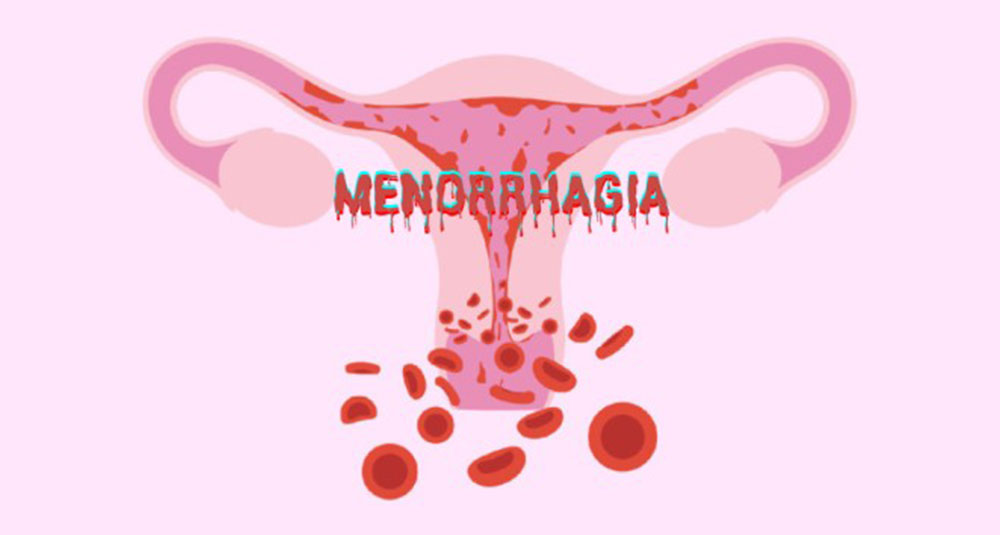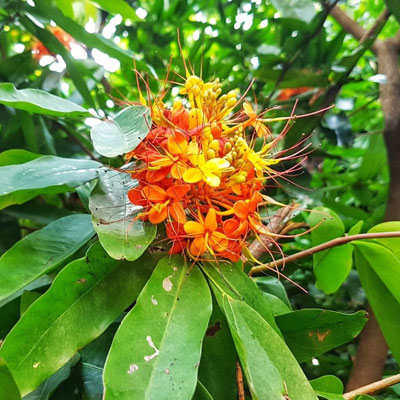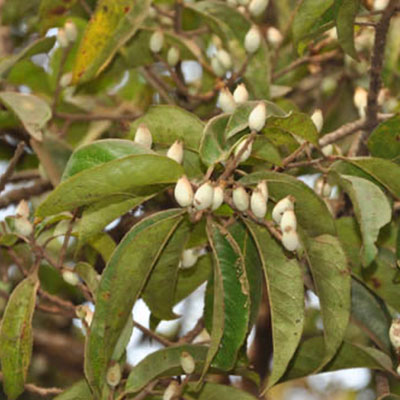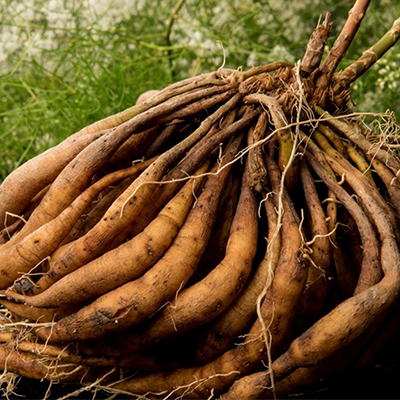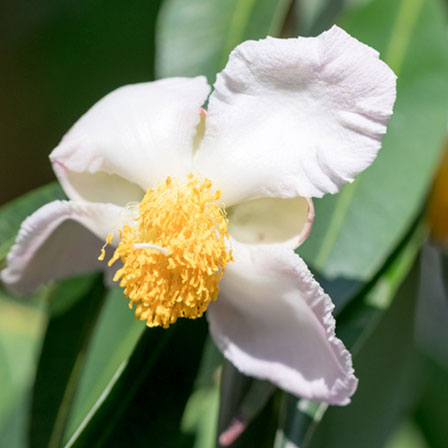Menorrhagia refers to heavy or prolonged menstrual bleeding. It’s more than the usual amount of blood loss (greater than 80 mL per cycle) or periods lasting longer than 7 days, which can interfere with daily activities and cause health concerns like anaemia.
Causes of Menorrhagia
1. Hormonal Imbalance:
An imbalance between estrogen and progesterone can cause excessive thickening of the uterine lining, leading to heavy bleeding.
2. Uterine Conditions:
- Fibroids: Non-cancerous growths in the uterus.
- Polyps: Small growths in the uterine lining.
- Adenomyosis: Uterine lining grows into the uterine wall.
3. Medical Disorders:
- Bleeding Disorders: Conditions like Von Willebrand disease.
- Thyroid Disorders: Hypothyroidism or hyperthyroidism.
- Liver or Kidney Disease: Affects blood clotting mechanisms.
4. Infections:
- Pelvic inflammatory disease (PID).
- Medications:
- Blood thinners or hormonal contraceptives.
5. Pregnancy-Related Issues:
- Miscarriage or ectopic pregnancy.
6. Cancer:
- Uterine, cervical, or ovarian cancer (rare).
Types of Menorrhagia
- Primary Menorrhagia: Occurs due to natural hormonal changes during adolescence or menopause.
- Secondary Menorrhagia: Caused by underlying conditions such as fibroids, polyps, or medical disorders.
Symptoms of Menorrhagia
- Soaking through one or more sanitary pads or tampons every hour for several consecutive hours.
- Bleeding lasting longer than 7 days.
- Large blood clots during menstruation.
- Symptoms of anaemia: Fatigue, weakness, shortness of breath, and pale skin.
- Heavy bleeding that disrupts daily activities or sleep.
Complications of Menorrhagia
- Anaemia: Chronic blood loss can lead to iron deficiency anaemia, causing fatigue and weakness.
- Severe Pain: Cramping during menstruation.
- Infertility: If caused by conditions like fibroids or endometriosis.
- Emotional Stress: Anxiety or depression due to the impact on daily life.
Differential Diagnosis
- Dysfunctional Uterine Bleeding (DUB): Unexplained heavy bleeding not caused by structural abnormalities.
- Polycystic Ovary Syndrome (PCOS): Irregular and heavy bleeding due to hormonal imbalances.
- Endometriosis: Painful periods with heavy bleeding.
- Fibroids or Polyps: Diagnosed via ultrasound.
- Bleeding Disorders: Diagnosed through clotting factor tests.
Ayurvedic Perspective on Menorrhagia
In Ayurveda, menorrhagia is referred to as "Raktapradar" or "Asrigdara". It is caused by an imbalance in Pitta dosha, which governs heat and blood circulation in the body. Aggravated Pitta, along with vitiated Vata, leads to excessive blood flow.
Causes in Ayurveda
- Excessive consumption of spicy, salty, and sour foods.
- Stress and lack of sleep.
- Overexertion or physical strain during menstruation.
- Underlying conditions like uterine fibroids or infections.
Ayurvedic Treatment for Menorrhagia
Panchakarma Therapies
- Virechana (Purgation Therapy): Removes toxins and balances Pitta.
- Basti (Medicated Enema): Supports hormonal balance and improves uterine health.
Dietary Recommendations
Foods to Include:
- Cooling foods like cucumber, watermelon, and coconut water
- Iron-rich foods like spinach, beetroot, and jaggery.
- Whole grains like barley and rice.
- Foods to Avoid:
- Spicy, sour, and fried foods.
- Excessive caffeine or alcohol.
Foods to Avoid:
- Spicy, sour, and fried foods.
- Excessive caffeine or alcohol.
Lifestyle Modifications
- Adequate rest during menstruation.
- Stress reduction through yoga and meditation.
- Regular exercise to maintain hormonal balance, but avoid overexertion.
Ayurvedic Formulations
- Pushyanug Churna: Regulates menstrual bleeding and balances Pitta.
- Chandraprabha Vati: Addresses hormonal imbalances and improves uterine health.
- Pradarantak Ras: Specifically used for excessive bleeding.
Herbal Remedies
Ashoka (Saraca indica):
Strengthens uterine muscles and regulates bleeding.
Lodhra (Symplocos racemosa):
Reduces Pitta and controls excessive bleeding.
Shatavari (Asparagus racemosus):
Balances hormones and improves reproductive health.
Nagkesar (Mesua ferrea):
Stops excessive bleeding and cools Pitta.
Guduchi (Tinospora cordifolia):
Boosts immunity and balances Pitta.
Menorrhagia is a manageable condition with proper diagnosis and treatment. Ayurveda offers a holistic approach, focusing on restoring balance to the doshas, strengthening the reproductive system, and addressing the root cause of excessive bleeding.


